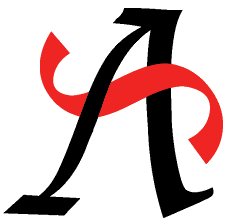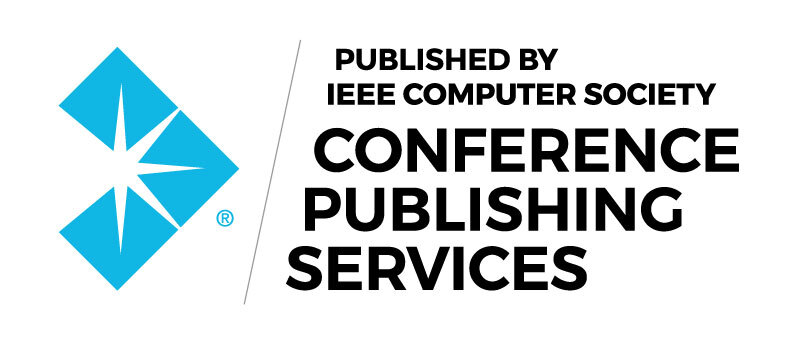NICOGRAPH International 2024
June 14-15, 2024 | Tokyo Metropolitan University, Hachioji, Tokyo Japan
Update
| 2024-04-23 | Karan Singh will present the opening keynote address! |
| 2024-04-23 | Homei Miyashita will present the closing keynote address! |
| 2024-04-17 | Registration is now open (early bird ends May 10) |
| 2024-04-16 | Mateu Sbert will present a keynote address! |
| 2024-02-07 | Poster submission deadline has been extended by two weeks. |
| 2024-02-07 | Paper submission deadline has been extended by two weeks. |
| 2023-11-04 | Website opened. |
NICOGRAPH International
The 23rd annual international conference "NICOGRAPH International {{datex.year}}", organized by the Society for Art and Science will take place in {{datex.month}} {{datex.days}}, {{datex.year}} at Tokyo Metropolitan University, Hachioji, Tokyo Japan.
NICOGRAPH has a quarter-century history. Its foundation can be traced back to 1985. The time-honored annual conferences have been organized by the Society for Art and Science since 2000, which aim at promoting the research combining science and art in computer graphics and related fields as well as to advance the development of interactive media art. In 2002, the first international conference NICOGRAPH International rose out of the domestic series, and since then NICOGRAPH international conference has been organized annually.
All accepted full/short papers will be included in the conference proceedings to be published by Conference Publishing Services (CPS) (https://www.computer.org/conferences/cps) and submitted to the IEEE Xplore and Computer Society digital libraries.
Important Dates
- Abstract Submission
- Feb. 22
Feb. 8, 2024 - Paper Submission
- Feb. 29
Feb. 15, 2024 - Author Notification
- Mar. 14, 2024
- Poster Submission
- Apr. 4
Mar. 21, 2024 - Camera-ready
- Apr. 18, 2024
- Conference
- {{datex.month}} {{datex.days}}, {{datex.year}}
All deadlines are 23:59 GMT time on the date stated
Keynote Speakers
NICOGRAPH International 2024 presents keynote speaker sessions with three leading experts in the field of computer graphics, interactive techniques, and media art.
...on Creative Visual Communication
Karan Singh
Abstract
This talk is about a 30 year ongoing personal journey, to build digital tools that enable creative people to express themselves visually. The concepts in this talk lie at the intersection of art, mathematics, interaction and Artificial Intelligence, but will be presented in a form accessible to the curious mind. We will see how insights from traditional art and human psychology can be distilled into the mathematics that drives interactive computer graphics. The talk will cover problems on the creation of shape, color, and animation from text, drawing, audio, acting and other communicative input.
A few links to software and research that will be mentioned in the talk.
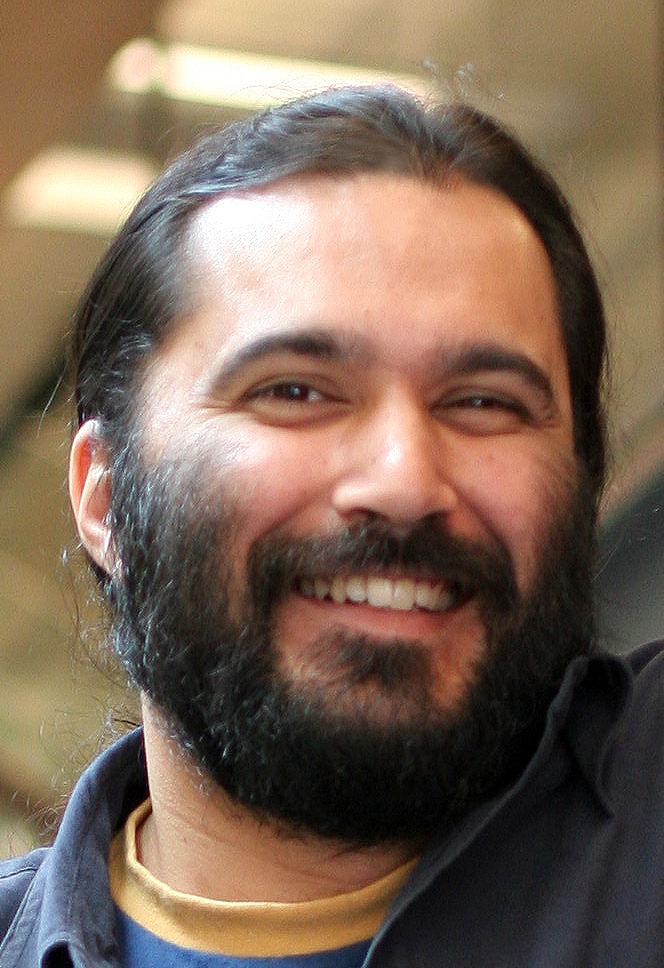
Biography
Karan Singh is a Professor of Computer Science at the University of Toronto. Born and raised in India, he has lived and worked in many parts of the world including Canada, France, India, Japan, New Zealand, Singapore, and U.S.A. His research interests lie at the intersection of art, Artificial Intelligence (AI), Computer Graphics (CG) and Human Computer Interaction (HCI): spanning interactive modeling and animation, visual perception, visualization and Augmented/Virtual Reality. Karan has been a development lead on the technical Oscar (2003) winning modeling and animation system Maya. He has co-founded multiple companies, most recently JALI Research. Karan co-directs a globally reputed graphics and HCI lab, DGP, has over 150 peer-reviewed publications, and has supervised over 50 graduate students. He was the R&D Director for the 2005 Oscar winning animated short film Ryan. He served in 2012, as a technical expert for Apple in a landmark patent judgement. His recent research in facial animation has been used on characters in AAA games like Cyberpunk 2077 and Call of Duty: Modern Warfare2, and the system Animatomy, was one of the important technical advances in the film Avatar: the way of water (Best VFX Oscar 2023). Karan was awarded a President’s Impact Award in 2018 for contributions in computer graphics, design and animation.
Applications of Information Theory in Computational Aesthetics and Visual Computing
Mateu Sbert
Abstract
Since its inception by Claude E. Shannon in 1949, information theory has been shown its applicability in many fields, from the original application in communication in noisy channels and cryptography to physics, linguistics, art, biology, economy, quantum mechanics and many others. Computational aesthetics was introduced under the presumption that computer-aided analysis can help to quantify aesthetic perception. Visual computing embraces all computer science disciplines dealing with images and 3D models, such as computer graphics, image processing and visualization. In this talk, we review the basic information-theoretic concepts of entropy and information channel, and show how we have applied them to obtain compelling results in the fields of computational aesthetics and visual computing.
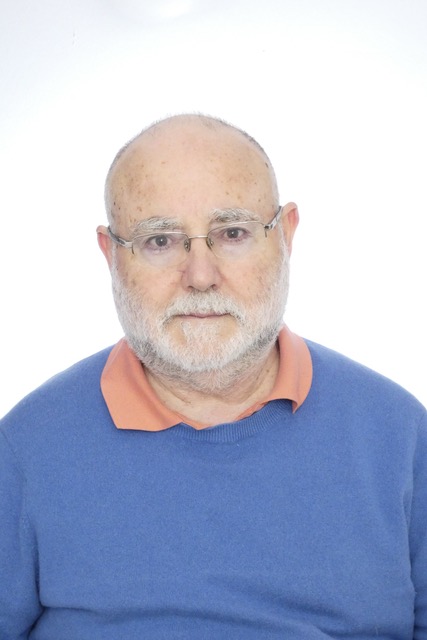
Biography
Mateu Sbert is emeritus professor at the University of Girona. He cofounded and directed the Graphics and Imaging laboratory for around 20 years. His research interests include the application of Monte Carlo, Integral Geometry and Information Theory techniques to Computer Graphics, Visualization and Image Processing. He has authored or co-authored more than 200 papers on his areas of interest in peer reviewed journals and conferences, and the books Information theory tools for computer graphics, Information theory tools for image processing, and Information theory tools for visualization. He coorganized the first Computational Aesthetics conference, held in 2005 in Girona, and the 2006 Dagstuhl Seminar 06221 on Computational Aesthetics in Graphics, Visualization and Imaging.
The Taste Media Revolution: A Vision for the Industry
Homei Miyashita
Abstract
The speaker is a visionary who has developed numerous "taste media" technologies that enable the capture, replication and manipulation of taste, and this presentation will chart the future landscape that this revolution will reshape across industries.
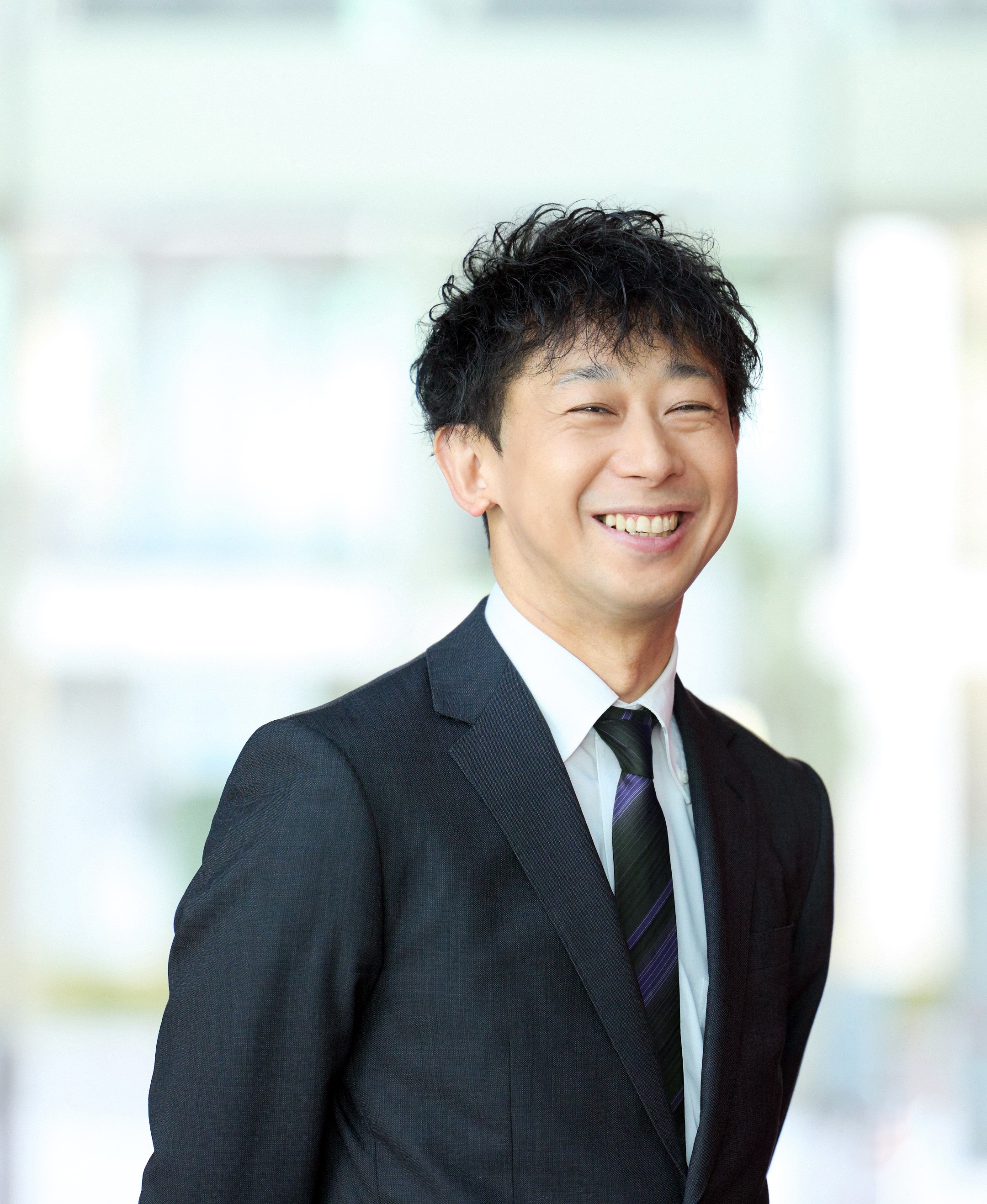
Biography
Homei Miyashita, Ph.D. Professor, Department Chair of Frontier Media Science, School of Interdisciplinary Mathematical Sciences, Meiji University.
Born in Firenze, Italy. Studied image science at the Faculty of Engineering, Chiba University, and music composition at the Graduate School of Education, University of Toyama. Obtained a doctoral degree (Knowledge Science) from the Japan Advanced Institute of Science and Technology, where he received the Outstanding Graduate Award. Joined the faculty of the Faculty of Science and Technology at Meiji University in 2007. Moved to the faculty of the Department of Frontier Media Science at the School of Interdisciplinary Mathematical Sciences in 2013. Started research on taste media in 2010. In 2020, his project "Taste the TV (TTTV)," which embodied the concepts of "taste media," "tele-taste," and "tele-eat" that he had been promoting, was selected by the Ministry of Internal Affairs and Communications' INNO-vation program. In 2021, his work "Dawn of Taste Media" was selected as a jury-recommended piece at the 24th Media Arts Festival hosted by the Agency for Cultural Affairs. Won the Innovative Technologies 2021 Special Prize at the Digital Content EXPO 2021. Jointly developed with Kirin Holdings the "Electric Salt" spoon and bowl that enhances the saltiness of low-salt foods using electricity, winning the Innovative Technologies 2022 award. In 2024, received the Japan Academy Prize from the Cabinet Office's "Japan Open Innovation Award." Also developed the "FEEL TECH" taste-sharing technology integrated with the human augmentation platform in collaboration with NTT DOCOMO and H2L, which drew attention through TV commercials featuring the actress Haruka Ayase. In 2023, received the Ig Nobel Prize (Nutrition).
Registration & Payment
For online registration, please fill out the linked form of the button below.
Registration Fee
| Early bird: until May 10th | Standard: after May 11th | On-site | |
|---|---|---|---|
| Regular: Member † | 30,000 JPY | 35,000 JPY | 40,000 JPY |
| Regular: Non-member | 36,000 JPY | 41,000 JPY | 46,000 JPY |
| Student: Member †‡ | 15,000 JPY | 20,000 JPY | 25,000 JPY |
| Student: Non-member ‡ | 20,000 JPY | 25,000 JPY | 30,000 JPY |
† Member of the Society for Art and Science or ADADA.
‡ Student presenter will receive a discount of 5,000 JPY.
Call for Submission
Submission categories include long/short oral paper (up to 8 pages) and poster (1 page). NICOGRAPH International 2024 reviewing is single blind, in that authors are not shared the names of the reviwers, but the reviewers know the authors. All accepted full/short papers will be included in the conference proceedings to be published by Conference Publishing Services (CPS) (https://www.computer.org/conferences/cps) and submitted to the IEEE Xplore and Computer Society digital libraries and submitted for possible indexing through INSPEC, EI (Compendex), Thomson ISI, and other indexing services.
Online Submission: https://easychair.org/my/conference?conf=nicoint2024
All papers (full/short/poster) must be written in English, and use the following templates for preparing your papers:
IEEE Templates (DOC, Latex, Overleaf) (8.5" x 11", US Letter)
Authors may optionally upload supplementary material, which may include videos, audios and images to showcase results/demo of the proposed approach/system. With the electronic submission system, you can submit your papers and edit your submission as many times as you need before the submission deadline. The authors are encouraged not to wait till the submission deadline and register their paper titles and abstracts as earlier as possible to facilitate the reviewing process. By submitting a paper the authors confirm that their paper represents original previously unpublished work, and if accepted, at least one of the authors will register for the conference and present the paper.
Authors can submit papers related to what has already been published in journals or conference proceedings. However, please be aware of the copyright rules of the previous publication, and be sure to cite the publication, especially, in case it has been published in a journal paper or a reviewed international proceeding. Authors also need to clarify a difference or progress from the previous publication. The previous publication is necessary to be uploaded through a submission form for the reviewing purpose.
Topics and Keywords of the conference include but are not limited to:
- Computer Graphics
- Computer Vision
- Image/Video Processing
- Visualization
- Non-Photorealistic Rendering
- Animation
- Multimedia
- Virtual Reality/Augmented Reality
- Digital Art
- E-Heritage
- Video Game
- Content Design
- Affective Computing
Venue & Accommodation
NICOGRAPH International 2024 will take place at International House of Tokyo Metropolitan University’s Minami-Osawa Campus.
Tokyo Metropolitan University
Tokyo Metropolitan University is the only university operated by the Tokyo Metropolitan Government. It leverages a unique position to provide an education that nurtures human resources who can play an active role in responding to societal changes and to promote varied kinds of basic and applied research as well as research into issues in major metropolitan areas. These activities will contribute to the development of Tokyo and pioneer the global future.
International House
International House is used for academic exchange programs and as accommodation for international researchers and international students of TMU, and is intended to be conducive to the advancement of international exchange in research and education at TMU.
Address | 1-3 Minamiosawa, Hachioji, Tokyo 192-0364, Japan
Access
Please check the following link for the details of access to International Center (1st Floor, International House) from Minami-Osawa Station on Keio-Sagamihara Line (a 13-minute walk)
https://www.ic.tmu.ac.jp/english/about/access.htmlAccommodation
Please reserve appropriate hotels at your preference. We normally recommend hotels near Hashimoto Station on Keio-Sagamihara Line, JR Yokohama Line, and JR Sagamihara Line.
{{ error }}
Loading...
Organization
{{roles.title}}

{{chair.name}}
{{chair.affiliation}}
{{roles.title}}
In Cooperation with:
ADADA JAPAN (http://adada.info/jp/)
NICOGRAPH Code of Conduct
25. March, 2023(Created)
1. April. 2023(Board approval)
NICOGRAPH aims to contribute to the advancement and development of art and sciences through free and vigorous discussion while exploring the interface between art and science. To achieve this, it is necessary to create an environment in which each participant can engage in discussion in a safe and secure manner while embracing diversity. Therefore, we expect all NICOGRAPH participants to adhere to the following policies.
- Do not violate life, health, safety or property of participants.
- Respect personality and privacy of participants.
- Do not discriminate against participants based on their gender, sexual orientation/gender identity, disability, age, national origin, race, faith or creed, or other characteristics. NICOGRAPH welcomes respect for all participants while considering cultural diversity in society.
- Do not behave with any harassment. NICOGRAPH welcome to prevent harassment in any academic activities.
- Do not injure participants, their property, reputation, or employment through false or malicious conduct, rumors, or other verbal or physical abuse.
- Conduct honest and fair discussions from an objective standpoint based on facts and data, and fairly evaluate the contributions of participants.
- Respect the intellectual property rights and intellectual achievements of participants.
- Do not interfere with the progress of a conference.
- Disseminate information on the network while complying with the law and based on the agreements of participants for above 1-8 terms.
- Notify to the NICOGRAPH Executive Committee if you find any conduct that violates the above or that may threaten the operation of the participants or related organizations.
- All participants agree to and support following this policy and share a duty of effort to ensure compliance.
- Any participants who intentionally violate the above 1-8 terms will be disqualified from participation in events for a maximum of four (4) years. The NICOGRAPH Executive Committee will determine it through deliberate discussions.
Additional notes
If a participant behaves in unacceptable behavior at NICOGRAPH that violates the above, or has done so in the past, the NICOGRAPH Executive Committee reserves the right to take any action it deems appropriate:
- Prohibit participation in any NICOGRAPH activities, including publication of papers.
- Prohibit profit from any activities of NICOGRAPH.
- Suspend or terminate a membership of the Society for Art and Science.
The NICOGRAPH Executive Committee may take these actions for an offender who has a membership of the Society for Art and Science or not.
We appreciate your understanding and cooperation.
Contact
Office of the society for art and science
Itoh laboratory, Department of Information Sciences, Ochanomizu University
2-1-1 Otsuka, Bunkyo-ku, Tokyo, 112-8610, Japan
TEL:+81-3-5978-5700
e-mail: nicoint2024-org _at_ art-science.org
